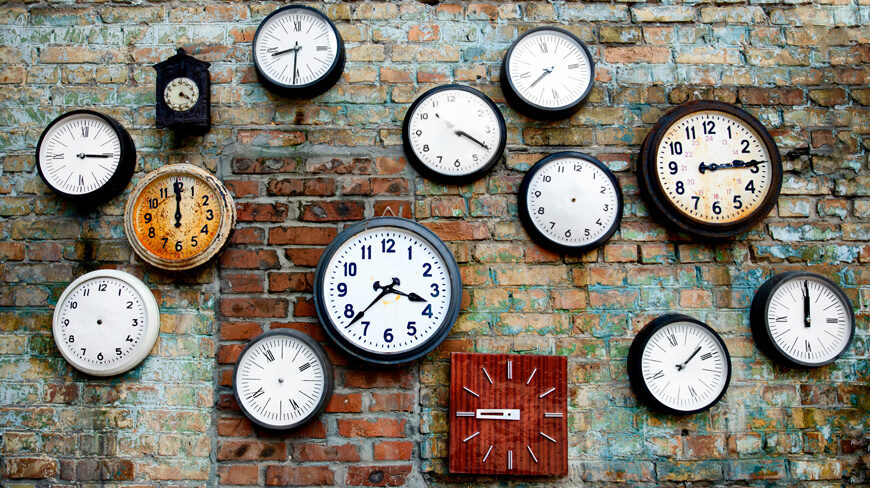How Long Is a Colonoscopy?
If you are considering having a colonoscopy or have one scheduled, you may wonder how long the process takes. The answer is more complex than you might expect. In fact, the timeline has several steps, including thorough preparation, the medical procedure, and the recovery phase.
1. The Preparation Phase
Preparing for a colonoscopy can take some time if done correctly, but generally, it encompasses the week before your procedure. Before you begin your preparation week, your doctor will discuss any medications you are taking. There may be special instructions for medicines such as blood thinners or iron supplements, as these will need to be stopped in the days leading up to the procedure.
You will also need to adjust the types of foods you eat during the week before your procedure. You should avoid foods containing small, hard particles, such as seeds, nuts, and corn, and transition to low-fiber foods. Whole grains and fruits and vegetables with peels should also be avoided.
Approximately one or two days before your colonoscopy, you should switch to a clear diet and avoid all red and purple-colored food and juices. Foods you can eat include:
- Clear broth
- Apple juice
- Water
- Coffee
- Tea
- Popsicles
2. The Bowel Preparation Kit
You will take a prescribed colon-cleansing drink or pills one day before your procedure. This regimen is crucial because it ensures your colon is thoroughly emptied and cleaned, enabling your doctor to see the bowel wall clearly during the examination.
How long it takes for the bowel prep to work depends on which regimen is used. Results can begin as soon as 30 minutes after some medications are taken, and the bowel cleansing process can last several hours.
3. The Colonoscopy Procedure
In terms of the colonoscopy itself, the procedure typically takes between 30 and 60 minutes. The length of the examination may vary based on factors like the need for a biopsy or polyp removal, but it generally does not exceed one hour.
During this time, your doctor will administer a sedative to help you relax. Then, they insert a long, flexible tube called a colonoscope into your rectum. A tiny video camera at the tube’s tip enables the doctor to view the inside of the entire colon and remove any tissue needed for evaluation.
It is important to remember that on procedure day, you will need to account for the time it takes to check into the medical facility and discuss the exam with your doctor, which will lengthen the process.
4. Recovery
After the colonoscopy, you will be monitored in a recovery area for 30 minutes to an hour to ensure you don’t have any adverse reactions to the sedation. Since sedatives were used during the procedure, you may feel groggy and will need someone to drive you home.
You might also experience bloating or cramping due to the air put into the colon during the procedure. However, these symptoms usually resolve within twenty-four hours after the colonoscopy. You can resume your regular diet and activities the day after your procedure.
Don’t Wait To Take Control of Your Health
Health checkups might seem time-consuming, but some things are too important to delay. Prioritize your health and schedule a colonoscopy today!
Request Appointment
Related:


